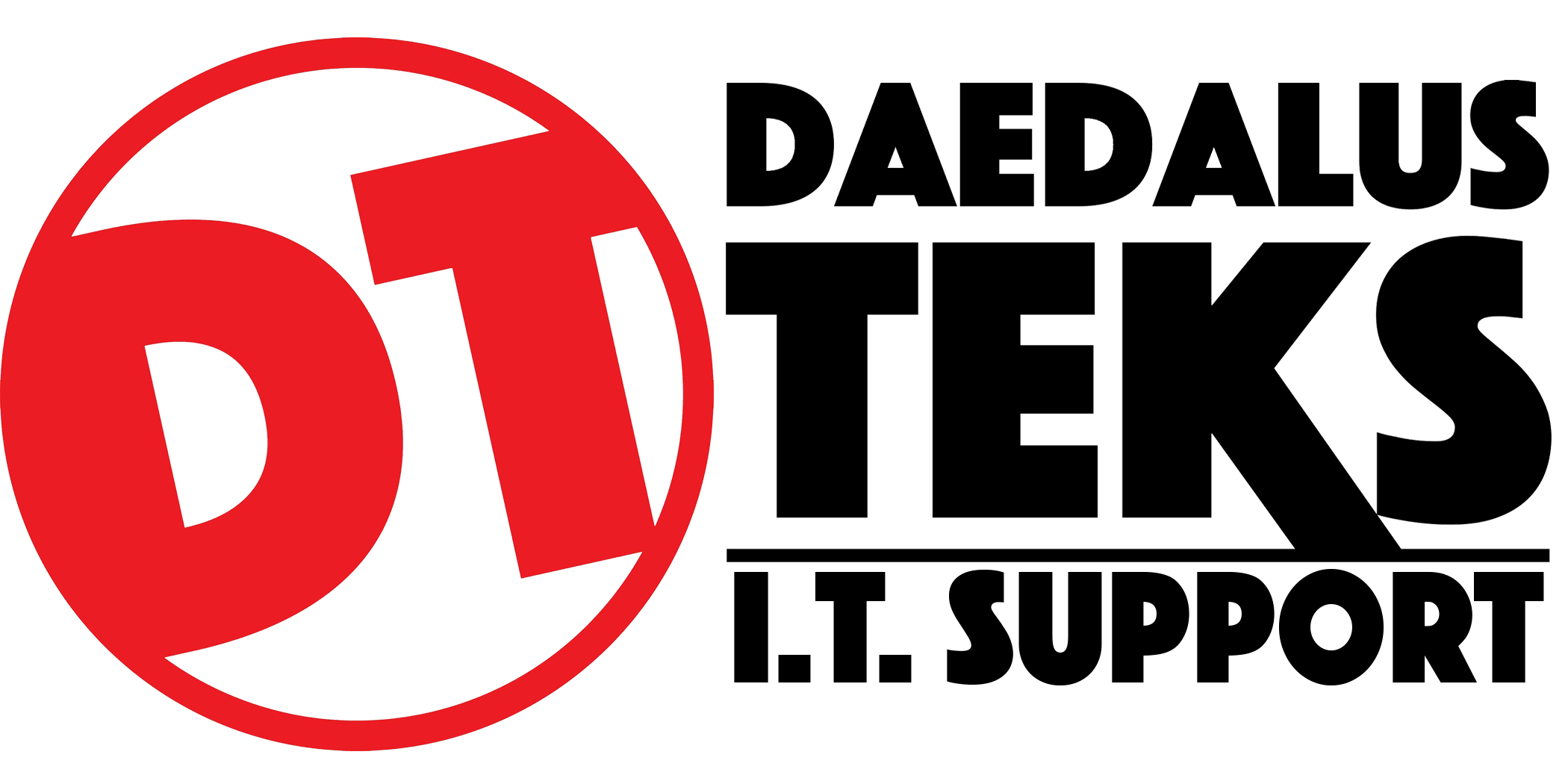The Best Antivirus App for Windows [UPDATED]
By Whitson Gordon @ lifehacker
Windows has more antivirus programs than we can count, and none of them are quite perfect. Right now, we recommend Avast Free Antivirus for the best balance between protection, ease of use, and cost.
Update: Our former favorite, Microsoft Security Essentials (also known as Windows Defender in Windows 8), has been tanking in antivirus tests left and right over the past few months, so we've decided it's time to change our official recommendation to something a little more reliable. For more information, see the "Competition" section below.
![The Best Antivirus App for Windows [UPDATED] The Best Antivirus App for Windows [UPDATED]](http://cache.gawker.com/assets/images/lifehacker/2011/05/appdirlabel-features.jpg)
- A fairly simple interface from which you can scan your computer, see statistics, update definitions, and more
- Scans files, email, URLs, P2P programs, and more for malware
- Automatic updates that happen as soon as the virus database or program changes
- A Windows gadget, browser cleanup tool, and other extra components
- Support for multiple languages
![The Best Antivirus App for Windows [UPDATED] The Best Antivirus App for Windows [UPDATED]](http://cache.gawker.com/assets/images/lifehacker/2011/05/appdirlabel-where-it-excels.jpg)
Avast is one of AV-Comparatives' top rated antivirus programs, not just for its ability to catch malware but also for its low system impact and general usability. Avast is one of the most effective free programs out there, meaning that you get some pretty incredible bang for your buck when it comes to protecting your computer. It isn't as easy to use as Microsoft Security Essentials, but it's probably the second simplest free program out there, so it hits a good sweet spot between protection and usability (and all for free). Plus, it has a lot of advanced settings that power users will love to tweak, though they can be hard to get through (see below).
![The Best Antivirus App for Windows [UPDATED] The Best Antivirus App for Windows [UPDATED]](http://cache.gawker.com/assets/images/lifehacker/2011/05/appdirlabel-where-it-falls-short.jpg)
Avast may be simpler and lighter weight than most other programs out there, but we'd be hard pressed to call it easy to use. Scanning is a one-click affair, which is nice, but as soon as you enter its more advanced options, there's a lot going on, so beginner users may still be a bit confused as they try to root through it all. Avast also has a lot of extra features we'd consider unnecessary, but as long as you go through the "Custom" install you can pick and choose what you want (or just choose "Minimal." The ads and attempted installation of Google Drive hit a nerve as well, and the sounds it makes when it updates and scans are just plain annoying. Thankfully, you can turn those off in the settings.
![The Best Antivirus App for Windows [UPDATED] The Best Antivirus App for Windows [UPDATED]](http://cache.gawker.com/assets/images/lifehacker/2011/05/appdirlabel-the-competition.jpg)
Sadly, we've chosen to bump down our previous choice, Microsoft Security Essentials (also known as Windows Defender in Windows 8), to second string. MSE is still one of the best designed antivirus programs out there, in our opinion—it's so easy to use, even the most tech-unsavvy person could figure it out pretty quickly. However, while it was once considered competitive with other offerings, most antivirus tests show that it has fallen behind on its ability to detect viruses. It's great at removing them, but if it only detects some of the malware out there, we don't feel comfortable recommending it as our #1.
When it comes to free options, Avira is another pretty solid option. AV-Comparatives found it to be the most effective free program out there, though with a lower level of usability, not to mention some annoying ads and popups. AVG is another popular free option, but doesn't really beat the others in any one category according to AV-Comparatives. Panda is fantastic at removing malware, but is a bit less beginner-friendly than the others.
We think most free programs should be more than good enough, but if you want the absolute best protection out there, you'll have to drop some cash. Right, now Kaspersky and Bitdefender are the two highest-ranked paid solutions at AV-Comparatives, while, Norton, F-Secure, and G Data also get high marks from AV-Test.org. Again, we personally don't think they're necessary in a home setting, especially if you use good browsing habits, but if you want to protect yourself against every possible virus or theoretical piece of malware you could get, they might be the way to go.
In the end, we recommend everyone use an antivirus program, but the best way to avoid malware is to have good browsing practices (you know, in case I haven't mentioned that enough). They're more effective than any antivirus software out there, and they won't put any kind of drain on your system resources, money, or stress level. Keep Windows and applications like Flash updated, stop downloading questionable files, and just practice good common sense. If you do, you'll probably have to deal with your antivirus program very little (but again, you should still have one).
There are more antivirus programs out there than we can even count, but these are probably the best out there right now. Many of you undoubtedly have your own favorites, some that we might not have even listed—so share your favorites with us (and why they're your favorites) in the comments. Be sure to check out AV Comparatives' summary report from the past year as well. It has a wealth of information more detailed than we could begin to cover here, and it's a good place to start looking at the competition.
Ce's Comments: Many individuals don't know why Avast has been named best anti-virus but I've been using it for years. So a little Later I will be breaking down Avast bit by bit and show users why its the best. Be right back :D
